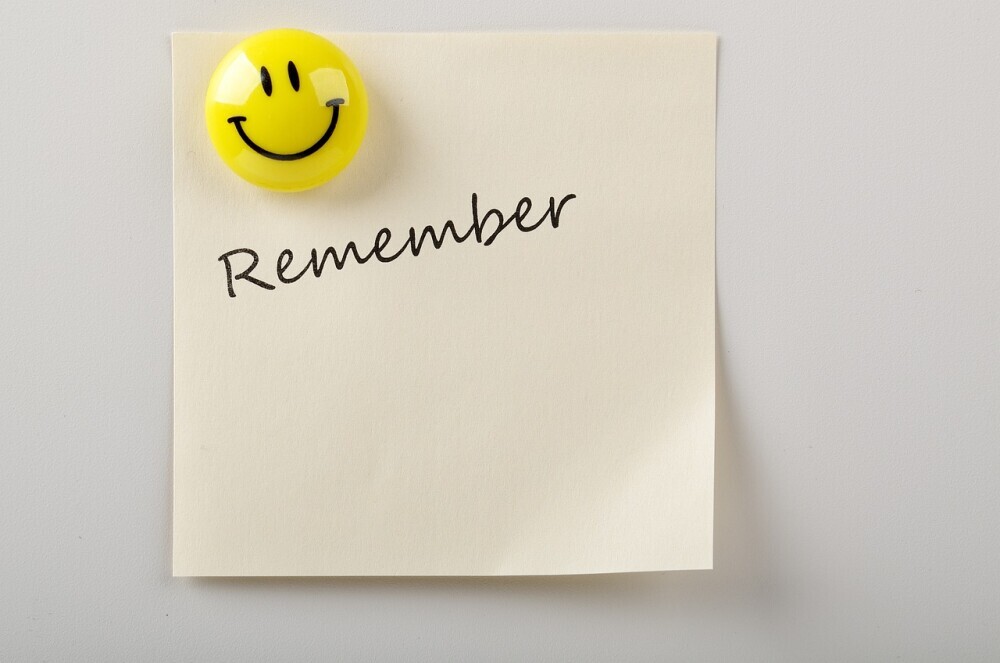My Dad had never had to take any medications before he had a stroke. Always active and healthy, he only needed the occasional aspirin once or twice a year. But when he began to need some medications, I was glad that he allowed me to take over management of them. It made it so much easier, not worrying that he might take the wrong one at the wrong time. Or that he might forget one.
Contents
Tips For Managing Medication And Prescription Schedules
Keeping track of medications for aging parents or grandparents can feel overwhelming, but it’s super important to get it just right. A missed dose or taking meds at the wrong time might seem small, but it can have big consequences on your loved one’s health. Every little pill plays its part in the larger picture of keeping them healthy.
Managing medications consistently helps avoid potential risks like side effects from interaction between meds or conditions getting worse because doses are missed. It’s all about minimizing risks and maximizing health benefits.
Let’s face it, juggling multiple prescriptions can be stressful. Feeling like the health of a loved one is on your shoulders isn’t easy, but acknowledging these challenges is the first step in tackling them. It’s all about finding ways to manage those emotions so you can be at your best.

Assessing Medication and Prescription Needs
Knowing what medications your loved one is taking and why is crucial in managing their medicine routine effectively. A regular review of prescriptions with healthcare providers helps ensure that everything is still needed and working as it should. It’s a great step in making sure there are no unnecessary meds cluttering up the schedule.
Understanding potential side effects and how different medications might interact with one another is essential. This knowledge empowers you, helping you recognize if something seems off, allowing you to address issues with their doctor right away.
Health conditions can change, and sometimes medications need to change too. Adapting to these shifts efficiently by staying informed can prevent complications. Keep open communications with healthcare providers and adjust the medication plan as needed to reflect any changes in health conditions. It’s all part of staying on top of the situation and making sure your loved one gets the best care possible.
Organizing Medication Schedules with Ease
Keeping medication schedules straight can be a real headache, but organizing them properly can simplify everything. Pill organizers are a lifesaver, especially the ones labeled by day and time. They’re like little life-coaches for meds, helping ensure doses aren’t missed.
Automated dispensers take it a notch higher, buzzing or flashing when it’s time to take a pill. This is great for elderly folks who might need an extra reminder. It’s about creating a hassle-free routine that works for everybody.
Want to make sure medication is on the radar no matter where you are? Detailed calendars or reminder apps on your phone work wonders! Set them up to alert you or your folks at each scheduled time. It’s a straightforward way to keep track amidst busy days.
Life is unpredictable, and big events or travel can throw schedules off. Having a backup plan or a travel kit with just the essentials helps maintain the routine wherever you are. It’s all about preparing ahead to say goodbye to chaos.

Leveraging Technology for Effective Management
In today’s digital age, leveraging technology can turn medication management from a daunting task into a streamlined process. With medication management apps, reminders and alerts become part of the routine. Finding an app that suits your needs is like having a personal assistant dedicated to your loved one’s health.
Telemedicine is a game changer too. From the convenience of home, you can handle prescription refill requests or consultations without the need for frequent trips to the doctor’s office. This not only saves time but also adds an extra layer of safety for seniors.
For seniors who are comfortable with digital tools, integrating tech with traditional methods offers increased efficiency. Whether by using smart devices or simply syncing the medication schedule to a family member’s phone, combining the old and new can ease the burden of managing meds effectively. It’s about making technology work for you and your loved ones, keeping things on track with less stress.
Communicating with Healthcare Professionals
Clear communication with healthcare professionals is essential. Doctors and pharmacists are partners in this journey, helping ensure your loved one gets the right medications and care. Don’t hesitate to keep them in the loop about any changes you notice or concerns you have.
Preparing for medical appointments with the right questions can make a big difference. Note down any side effects or changes in symptoms, so you can discuss them during visits. It’s about making the most of these meetings for your parent’s or grandparent’s health.
Pharmacists can be a great resource too. They can provide valuable insights on managing prescriptions, understanding drug interactions, and offering tips for making medication administration easier. When in doubt, they can clarify instructions or suggest alternatives, reinforcing the healthcare team’s support network.
Caring for the Caregiver: Stress Management and Support Systems
It’s easy to prioritize someone else’s health and forget about your own, but caregiver burnout is real and can affect your ability to help. Recognizing signs of stress or exhaustion matters. If you’re always tired, irritable, or feeling overwhelmed, it’s time to pause and reassess what’s on your plate.
Seeking support from friends, family, or caregiver groups can provide much-needed relief. Sharing experiences, tips, and even a simple vent session might ease the burden, knowing you’re not alone in this journey.
Balancing personal life with caregiving doesn’t have to feel impossible. Looking for community resources designed for caregivers can offer additional support and free up some time for yourself. Remember, it’s important to take care of yourself so you can continue to take care of your loved ones effectively.




